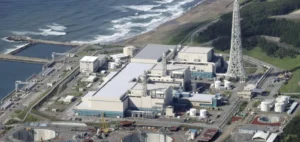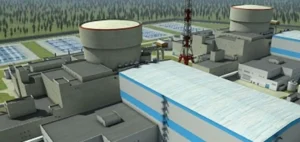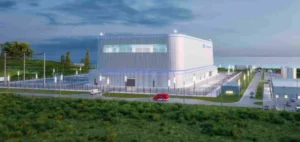Newcleo, the Italian-English-French nuclear startup, announced on Monday that it had acquired the Franco-Swiss nuclear pump group Rütschi from the Italian Gruppo Aturia, a subsidiary of the Indian group WPIL limited, for some 68.8 million euros.
Newcleo acquires Rütschi to boost innovation in nuclear pumps
With Rütschi, Newcleo intends to implement “its industrialization strategy” to enable “the direct manufacture of key components” for its future 4th-generation nuclear reactors using nuclear waste as fuel, says the company, which was founded in 2021, in a statement.
The transaction is expected to close “in the last quarter of 2023” and is “subject to customary closing conditions”, the release adds.
Rütschi, founded in 1946 in Brugg, Switzerland, and acquired by Gruppo Aturia in 2006, produces centrifugal coolant pumps for nuclear applications, which are in service in some 150 reactors, mainly in Europe. Its two production sites are located in Mulhouse, France and Möhlin, Switzerland.
Rütschi’s engineering capabilities “will help accelerate the development of our Lead Fast Reactor (LFR)”, said Newcleo.
Major investment: Newcleo announces 3 billion euros for the development of nuclear energy in France
The start-up hopes to deliver its first 30 MW prototype by 2030. Construction could take place in France, Newcleo pointing out that Rütschi’s Mulhouse plant offers “the possibility of expansion”. Newcleo’s ambition is to play a part in the renewal of the nuclear industry in Europe, betting on small lead-cooled SMR-type fast neutron reactors and using nuclear waste as fuel, also applicable to the maritime transport sector.
In France, Newcleo is also planning to build a pilot plant for the manufacture of innovative MOX fuels from recycled spent nuclear materials, the press release states. Some of these technologies stem from the Superphénix breeder reactor project, abandoned by France in 1997. In May, the startup announced a €3 billion investment plan in France over the period 2025-2030.
In July, Newcleo teamed up with shipyards Fincantieri and Rina (ship certification) to develop mini-nuclear reactors for merchant ships.






















